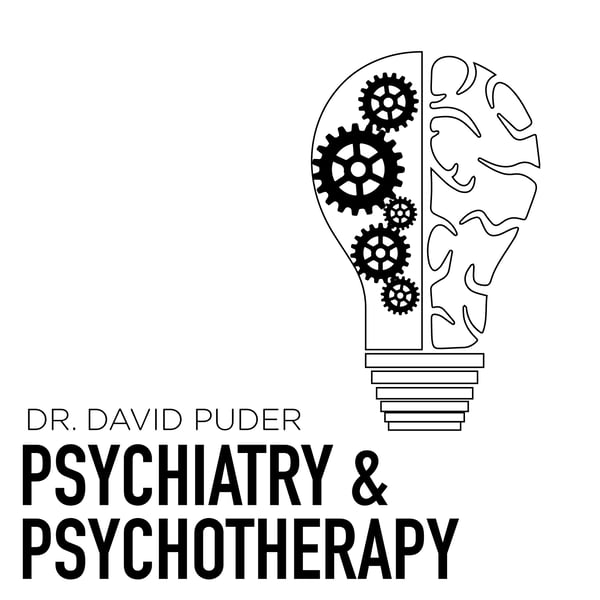Adverse Childhood Experiences and Their Lasting Impact on Health: A Comprehensive Guide
Psychiatry & Psychotherapy Podcast
David J Puder
4.8 • 1.3K Ratings
🗓️ 19 January 2024
⏱️ 53 minutes
🧾️ Download transcript
Summary
In today's episode post, we embark on an in-depth exploration of adverse childhood experiences (ACEs) and their profound impact on adult mental and physical health. The CDC defines ACEs as, “potentially traumatic events that occur in childhood.” ACEs include (but are not limited to) physical, emotional, sexual abuse, neglect, household dysfunction, such as domestic violence or parental substance abuse. We'll investigate how these early negative events are critical predictors of adult psychiatric diagnoses, including substance use disorders (SUDs), depression, anxiety, PTSD, psychosis, and personality disorders. Our analysis extends to the intricate ways ACEs affect an individual's physiology and psychology. This episode will be the first of a mini-series of several episodes surrounding the impact of ACEs and how we can treat patients who experienced trauma.
Link to Blog here
Transcript
Click on a timestamp to play from that location
| 0:00.0 | All right, welcome back to the podcast. I am joined today with Liam Browning. He is a medical |
| 0:19.6 | student going into psychiatry who has spearheaded a lot of reviewing of data on adverse childhood |
| 0:26.1 | experiences with me and I'm also joined with Annabelle Cune who is part of my team who is going to be |
| 0:36.1 | at a child and adolescent psychiatry program at a small humble program lost in children's |
| 0:45.0 | part of the Harvard group. So she sees patients in Florida here with me and will be doing her child |
| 0:52.8 | fellowship next year. So excited to have Annabelle join us. And I was this is actually the third |
| 1:01.8 | recording and this will be part one we've decided to do this multiple parts. And we will be talking |
| 1:09.0 | about a topic where it's like it's it's a tough topic because I when I think about this topic |
| 1:18.0 | I'm thinking about different patients I'm thinking about my own struggles maybe or like I'm |
| 1:25.0 | it's it's like beyond the data right but you can look at the data in such an intellectual way |
| 1:30.6 | it's kind of like a little bit distancing and so we're going to be trying to talk about this |
| 1:40.0 | and the data of adverse childhood experiences in a way that is humanizing both to ourselves as |
| 1:47.4 | people who have probably gone through some adverse childhood experiences actually if you look at |
| 1:52.4 | mental health professionals there's a higher rate of adverse childhood experiences than other |
| 1:57.9 | types of residents we'll get into that data and then so we're talking about it from our own |
| 2:04.8 | perspective of having probably gone through some treating patients who are going through it |
| 2:09.7 | but we're going to be talking about data and statistics which I think it's important to talk |
| 2:18.0 | about because we don't want like a conceptualization of what it means that is not in reality |
| 2:28.8 | we want it to be grounded in like this is what the data actually says currently we'll talk about |
| 2:34.4 | what we know what we don't know how it's even studied what happens to the brain what happens to |
| 2:41.7 | the inflammation pathways what happens to the cortisol and the stress systems we'll talk about |
| 2:48.1 | generational intergenerational trauma I'm hoping that this will increase our empathy for ourselves |
... |
Transcript will be available on the free plan in -436 days. Upgrade to see the full transcript now.
Disclaimer: The podcast and artwork embedded on this page are from David J Puder, and are the property of its owner and not affiliated with or endorsed by Tapesearch.
Generated transcripts are the property of David J Puder and are distributed freely under the Fair Use doctrine. Transcripts generated by Tapesearch are not guaranteed to be accurate.
Copyright © Tapesearch 2025.

